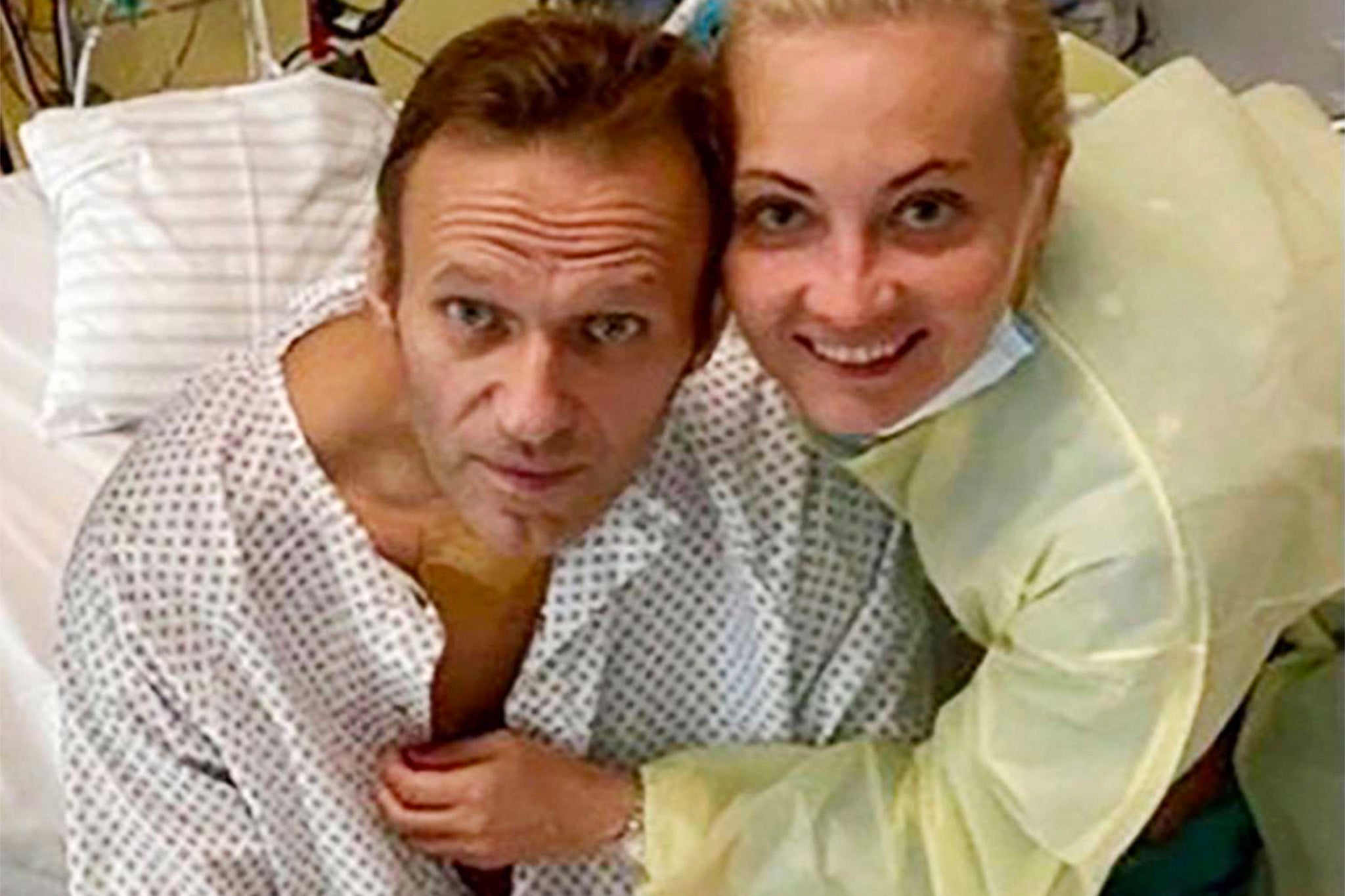With Alexei Navalny’s death, Russia has taken another step into Stalinist barbarity
Editorial: That Navalny lost his life at the same time that world leaders were meeting at the Munich Security Conference doesn’t feel like much of a coincidence

The circumstances in which Alexei Navalny died are, typically, unclear, but they are plainly suspicious. And so, with his death, Russia has taken another step into Stalinist barbarity.
He was, after all, in the “care” of the Russian prison service, incarcerated in an Arctic penal colony – where he should never have been sent in the first place – and generally maltreated in solitary confinement, denied healthcare and his wife’s letters.
Navalny was the nearest thing Russia had to a leader of the opposition. Therefore, his jailers would have known full well that he was an enemy of Vladimir Putin. They did not need to be ordered to mistreat him. Whether Navalny was directly poisoned, say, or merely succumbed to his depredations and collapsed, he was still assassinated by the Putin regime.
President Putin did not have to sign any warrants or even have prior knowledge; as with many dictatorships, ruthless apparatchiks are capable of taking a suitable initiative on their own. That seems to have been the case in previous assassinations, especially abroad.
That Navalny lost his life at the same time as world leaders were meeting at the Munich Security Conference doesn’t feel like much of a coincidence. Navalny’s wife, Yulia, was attending the event and pledged that the crime would not go unpunished – and that President Putin would be brought to justice. Like her late husband, she showed immense courage and strength to face an audience in such circumstances.
It is a tragedy for Russia – and for the whole world. In what passes for democracy in Russia, Navalny was a charismatic figure, though not without flaws of his own. He offered some hope to Russians, and to those around the world who wish the Russian people well: the hope that freedom and human rights could one day return to the country – and that it might be liberated from the capricious rule of Vladimir Vladimirovich Putin.
Even isolated and silenced in his cold prison cell, Navalny remained an almost Mandela-like presence on the Russian scene. He did not seek the safety of exile – indeed, he voluntarily returned to Russia expecting to be arrested – and he led by example. He was the very embodiment of the spirit of democracy, and a reminder to us all of what a precious and fragile gift that is.
With Navalny around, a hope could be sustained that Europe would once again be able to co-exist in peace with Russia. The potential that was revealed after the fall of the Berlin Wall and the end of the Soviet Union would at last be realised.
With his chief critic’s passing, Mr Putin may feel that his grip on power is firmer than when this distracting figure was still able to speak out and offer an alternative. But then, so did the leaders of the Soviet Union before it collapsed.
Like all such dictators, President Putin is perhaps less secure than he looks – and he too may not end his days peacefully in his own bed.
The effective execution of Navalny does mark a step change in the way the Putin regime treats its prominent opponents. For most of the period after the death of Joseph Stalin, execution and the use of gulag and similar camps to slowly murder high-profile, inconvenient rivals was the exception, rather than the rule.
Dissidents such as Aleksandr Solzhenitsyn and Andrei Sakharov were detained and internally exiled rather than killed. Navalny’s fate is more reminiscent of those who perished in Stalin’s purges. It is a deeply distressing precedent.
This is also a moment when those on the authoritarian, populist right in the West should examine their consciences. It is certainly not the time to undermine the collective security and the peace that Nato has guaranteed in the West since the end of the Second World War. No one can contemplate what has happened in Ukraine and in Russia itself in recent years and conclude that anything other than hostility, resistance and sanctions should be directed at Mr Putin and his cronies.
The correct response, because of the urgency of the task, is to rally the West to the defence of Ukraine – and to show the same sense of self-sacrifice, valour and determination that Navalny displayed with such defiant dignity.






Join our commenting forum
Join thought-provoking conversations, follow other Independent readers and see their replies
Comments